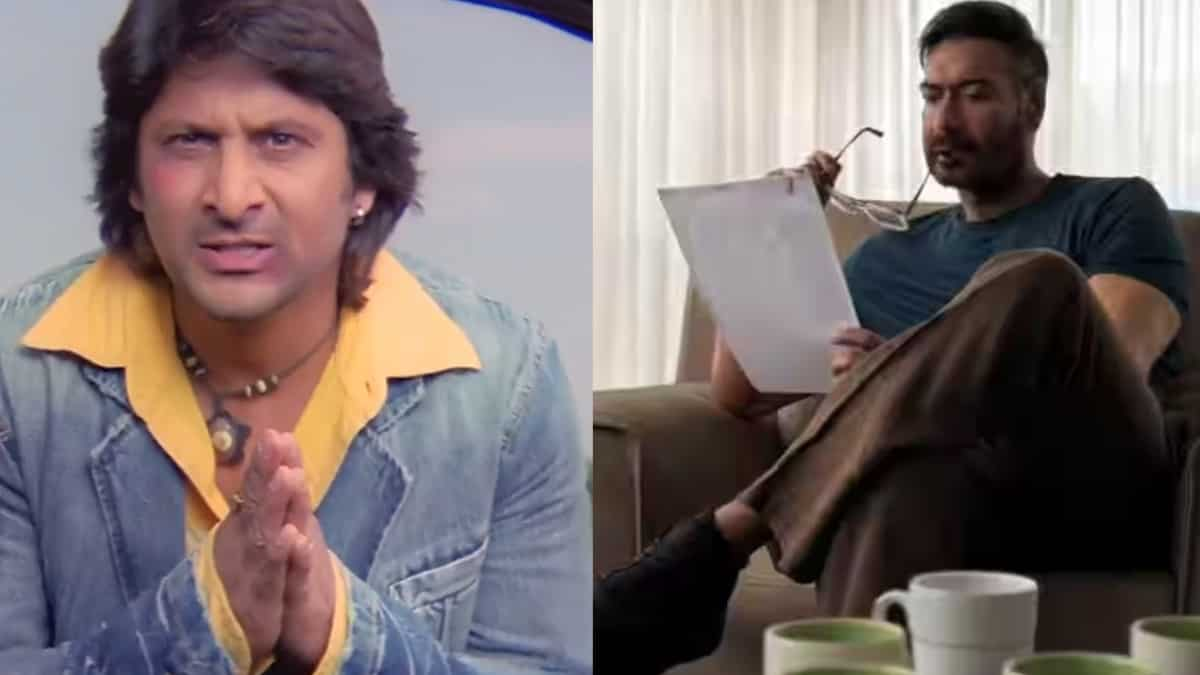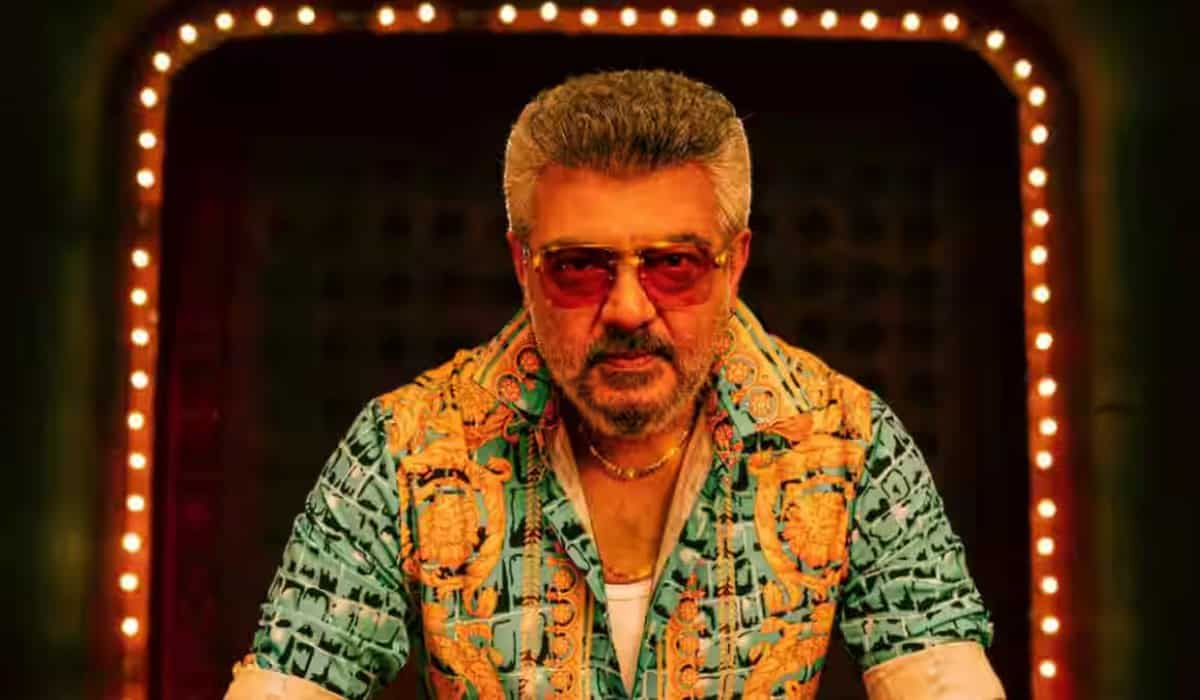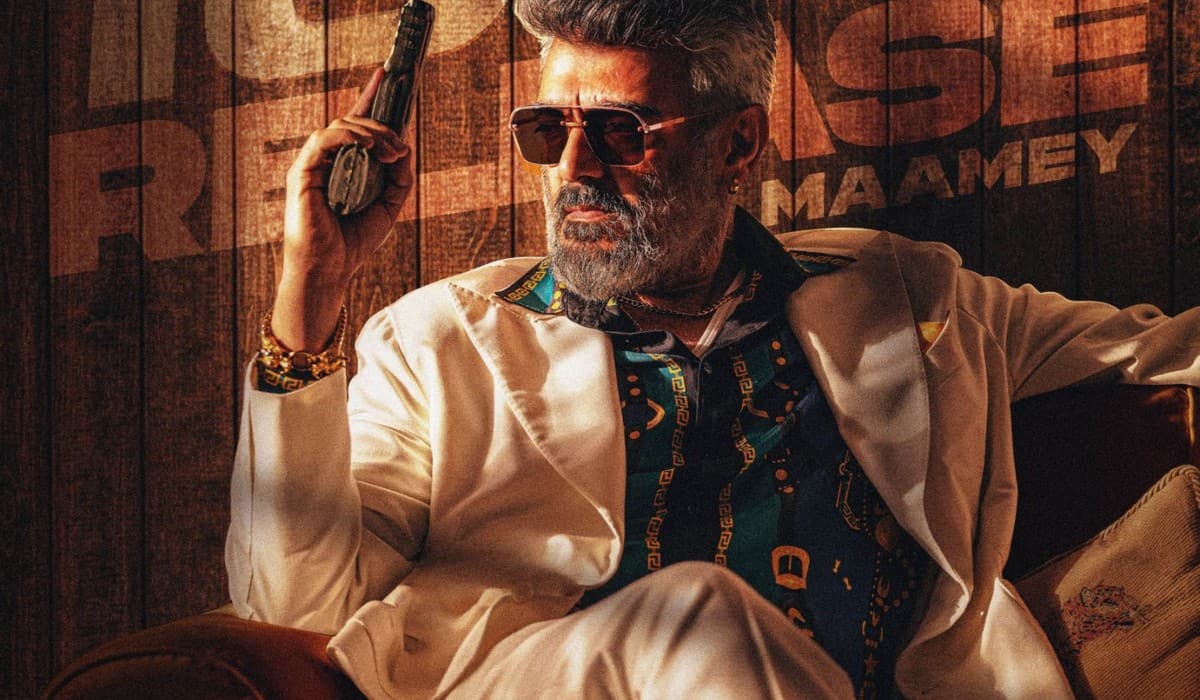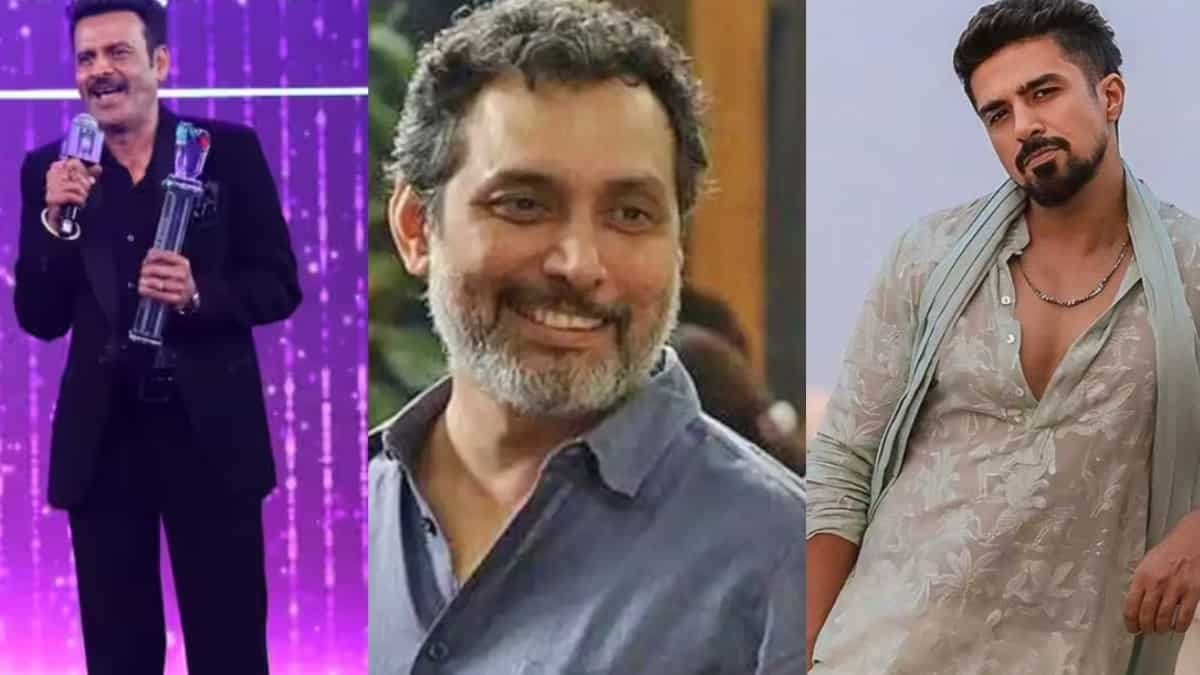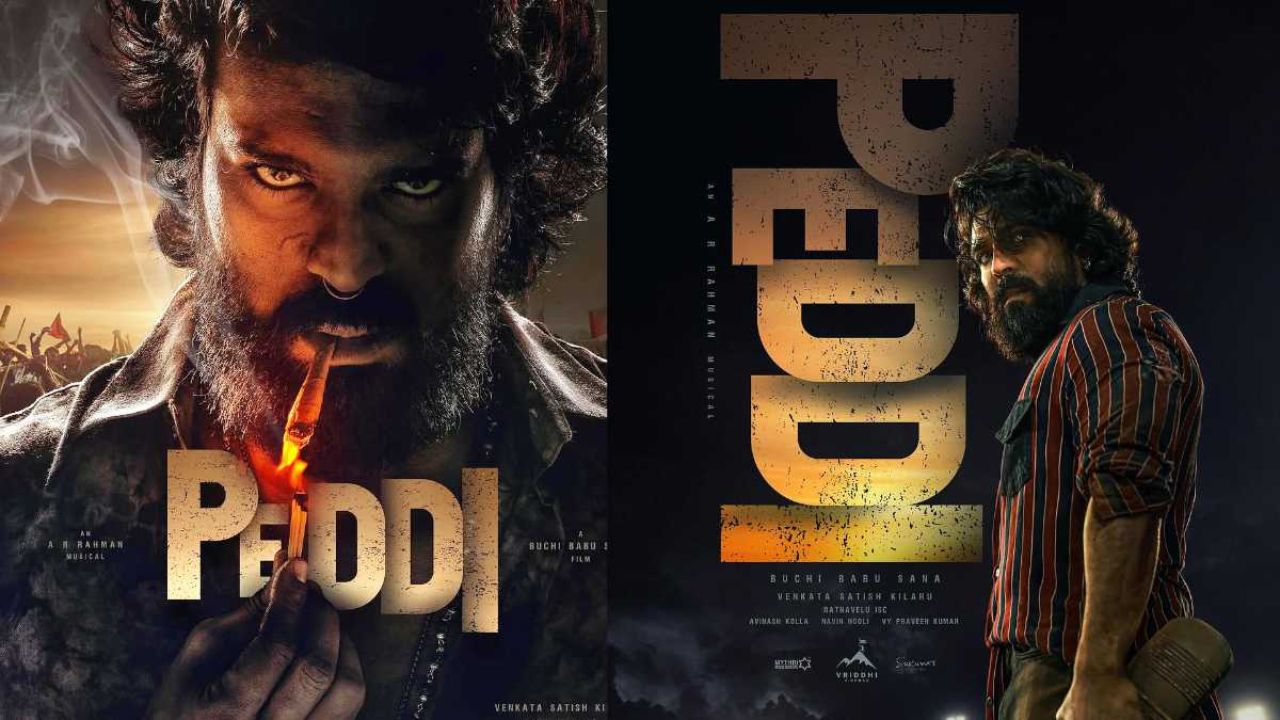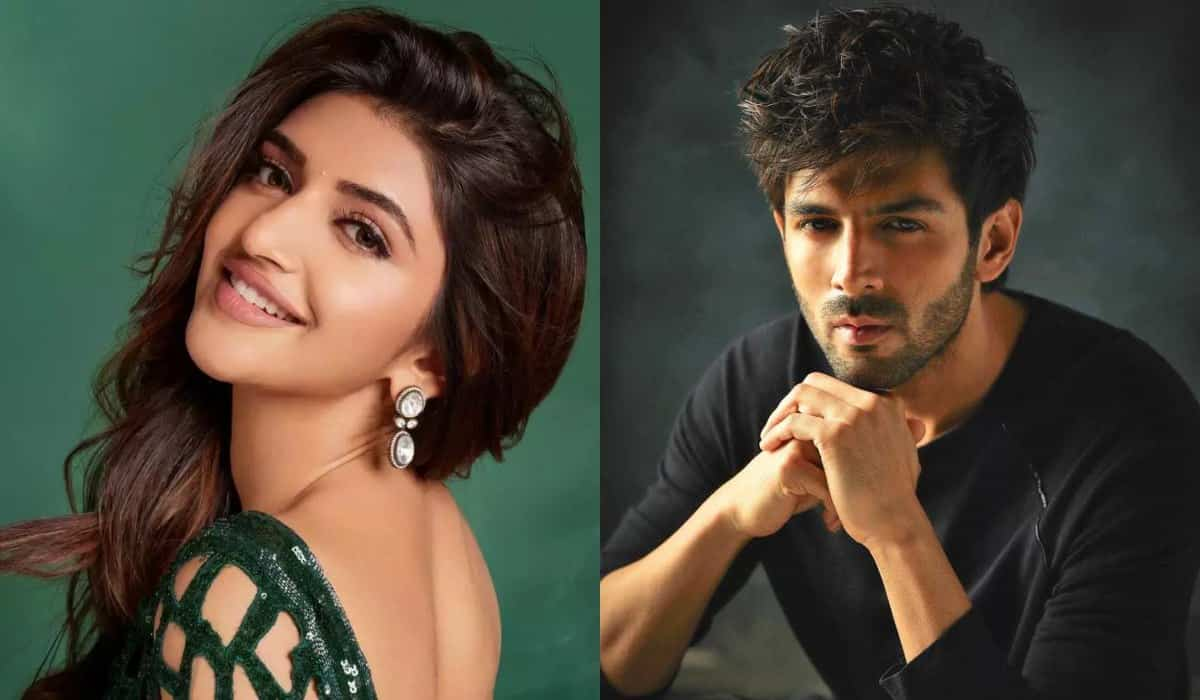
Greeking out: Why myths must be twisted, retold and reimagined
6 months ago | 5 Views
Surely, you’ve binged all of Kaos by now. Netflix’s black comedy, set in modern-day Mount Olympus, Crete and the Underworld, topped the charts in its first weekend of streaming last month. Everyone – even those who couldn’t tell Poseidon from a Pomeranian – has been hooked to the machinations of gods, demigods, mortals, bees and a kitten.
The myths get a modern spin. Jeff Goldblum plays Zeus, preoccupied with prophecies and losing his power, but loping about his palace in luxury tracksuits. “It’s the perfect casting,” says Angana Moitra, assistant professor of English at OP Jindal Global University. “He has that suavity and charm, which can swiftly turn into Zeus’s trademark casual cruelty.” The Minotaur isn’t half bull, he’s merely a masked, misunderstood man. Persephone isn’t trapped in the Underworld, she’s willingly spending eternity with her partner, Hades. As for the narrator Prometheus, don’t even get him started on that yarn about stealing fire.
Critics of the show are upset that Kaos twists the old stories, that it rips the old order apart, that it might miseducate a generation that is new to the classics. Pray that Hera turns them into a bee or something, because retellings are exactly what myths are all about. They present new points of view, get us to switch loyalties, give stories a new life. “While teaching classical literature, I always say that the Greek deities are human follies, insecurities, and neuroses magnified a thousandfold,” Moitra says. Besides, without retellings we wouldn’t have…

Dionysus in an EDM remix. Kaos shows the god of wine and revelry as Zeus’s wayward son, sweet but hard to take seriously. He only meddles in mortal affairs to win his father’s approval. Moitra thought him to be the star of the show. “He’s the kind of chaos demon I want to be in life—unbothered, moisturised, flourishing.”

The hottest Achilles in history. Troy (2004) gave us the war from Homer’s Iliad without the gods. But it delivered on one miracle by putting Brad Pitt in a skirt. He’s unmatched in battle. But the demigod is also pensive and vulnerable before the arrow ever hits his heel. “Achilles is simply too incomprehensible for a bronzed hunk to do him justice,” says Moitra. Still, Greek deities make for great entertainment. “They are petty, jealous, arrogant, unhinged, and so, so extra.”

A Poseidon with empathy. “Almost all my students, even the ones who haven’t read Harry Potter, have read Percy Jackson,” says Moitra. In the film adaptations, Jackson’s father, the god of sea, storms, earthquakes and horses, is less almighty, more absentee dad. It’s why his brother, Zeus, goads him to appear at the top of the Empire State Building, to falsely blame the son for stealing his lightning bolt in The Lightning Thief. The usually boisterous god finally shows up for his kid, remotely protecting him from Olympian-level wrath, and hoping to make amends.
A Diana without drama. The hero of the 2017 movie is the daughter of Zeus and Hippolyta, Queen of the Amazons, a race of female warriors. Comic books depict her skimpily dressed, big hair, legs too skinny to do any real fighting. The movie demolishes those sexist tropes. “She’s independent, free-spirited, doesn’t think much of men, and sometimes risks losing her humanity when she’s saddled with the responsibility of saving it.”

Demeter with a life of her own. In the myths, she’s just the goddess of harvest and bounty, mother to Persephone. In the TV adaptation of American Gods (2017-2021) she’s a huggable retired old lady with a backstory of her own. There’s unresolved romantic tension with the Old God Odin, as the old guards fight the new gods of media and tech. Moitra believes that creative folks love playing around with old myths because “unlike Plato, who wanted to banish them from his Republic, the Greek gods act as funhouse mirrors and help us make sense of the jumble of contradictions that make us human.” So, poor Demeter is also battling a mental health condition, living in a facility, and teaching mortal patients how to make husk dolls. Why wouldn’t she?

The classic’s classic
Arnold Schwarzenegger in Hercules in New York (1970). Who else to play the demigod than a man who’d become the youngest Mr Universe three years previously? Arnold Schwarzenegger’s debut turns the Hercules story into a comedy-adventure as he plays a bumbling, socially awkward man looking for love and success (even if his biceps sometimes get in the way).
Read Also: Coffee out on OTT: Ineya’s thriller drama is now streaming on this platform
HOW DID YOU LIKE THIS ARTICLE? CHOOSE YOUR EMOTICON!
#

